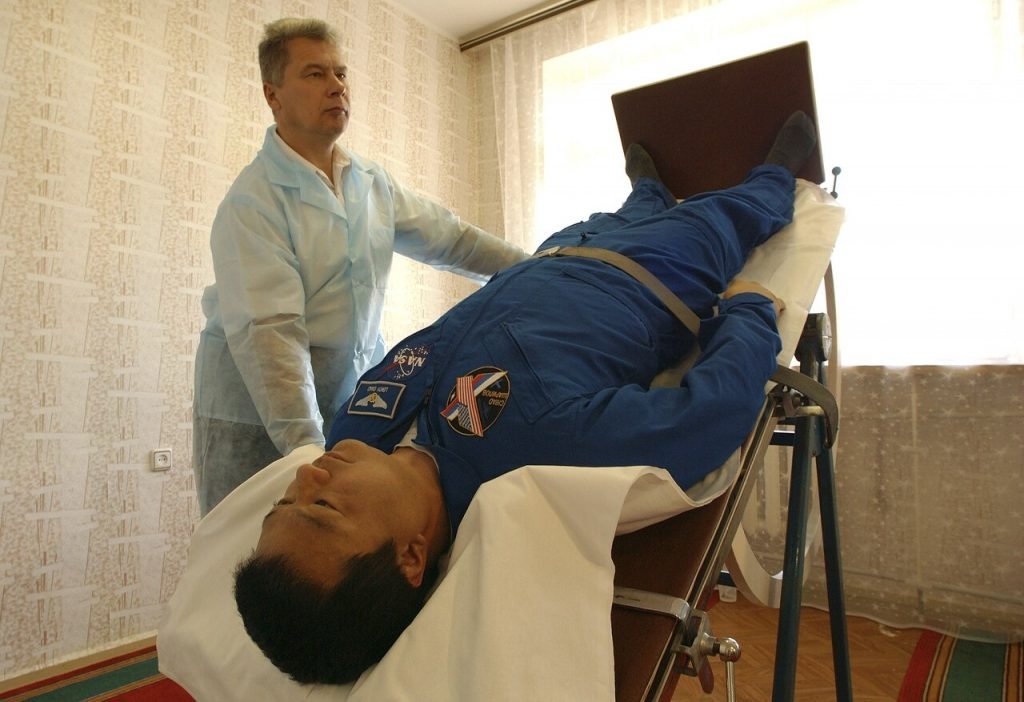POTS is a debilitating form of dysautonomia that affects thousands of Australians, yet access to specialized care remains limited and uneven across the country. For patients experiencing symptoms like rapid heart rate upon standing, chronic fatigue, dizziness, and gastrointestinal distress, finding a knowledgeable clinic or specialist is essential for accurate diagnosis and effective treatment. This guide explores the top POTS clinics and specialists in Australia, offering a roadmap to expert care and long-term management.
Understanding POTS and the Need for Specialized Care
POTS is a complex autonomic nervous system disorder that often coexists with conditions like Ehlers-Danlos Syndrome (EDS), Mast Cell Activation Syndrome (MCAS), and chronic fatigue syndrome (ME/CFS). Because symptoms can mimic other illnesses, misdiagnosis is common. Specialized clinics are equipped to perform autonomic testing, provide multidisciplinary care, and tailor treatment plans to each patient’s unique presentation.
Key components of expert POTS care include:
How does your body react to standing still for long periods?
- Tilt table testing and autonomic function assessments
- Cardiology and neurology collaboration
- Lifestyle and rehabilitation support
- Medication management and IV therapy
- Education and long-term symptom tracking
Note on Clinic Availability
The landscape of POTS care is constantly evolving. Clinics may change locations, restructure services, or close entirely, while new specialists and programs continue to emerge. While we strive to keep this list current, it may not reflect the most recent updates. We encourage readers to verify details directly with each clinic and consult trusted directories like Dysautonomia International or Standing Up to POTS for the latest information.
Top POTS Clinics and Specialists in Australia
The Baker Heart and Diabetes Institute – Melbourne, VIC
Renowned for cardiovascular research, the Baker Institute offers autonomic testing and care for patients with POTS and related conditions. Their team includes cardiologists and researchers focused on heart rate variability and blood pressure regulation, making it a strong choice for diagnostic clarity and ongoing care.

Royal Melbourne Hospital – Melbourne, VIC
This major teaching hospital provides access to autonomic testing and neurology consultations for dysautonomia. Their multidisciplinary approach includes cardiology, neurology, and allied health services, with experience in managing complex cases involving EDS and ME/CFS.
Royal Prince Alfred Hospital – Sydney, NSW
RPA’s autonomic unit is one of the few in Australia offering tilt table testing and comprehensive autonomic evaluations. Their specialists are familiar with POTS and its overlapping conditions, and they collaborate with pain management and rehabilitation teams for holistic care.
https://slhd.health.nsw.gov.au/rpa
Macquarie University Hospital – Sydney, NSW
Macquarie’s integrative medicine and neurology departments have growing expertise in autonomic dysfunction. Patients with POTS can access diagnostic services and tailored treatment plans, including physiotherapy and nutritional support.
Gold Coast University Hospital – Gold Coast, QLD
This hospital offers autonomic testing and care through its neurology and cardiology departments. The Gold Coast region also has a network of POTS-aware general practitioners and allied health professionals who support long-term management.

Flinders Medical Centre – Adelaide, SA
Flinders provides care for autonomic disorders through its neurology and internal medicine departments. Their team is known for working with patients who have complex multisystem conditions, including those with coexisting MCAS and EDS.
https://www.sahealth.sa.gov.au/FMC
Fiona Stanley Hospital – Perth, WA
Fiona Stanley Hospital offers autonomic testing and specialist consultations for POTS through its neurology and cardiology units. Western Australia’s healthcare system supports coordinated care, and this hospital is a key resource for patients in the region.
https://fsfhg.health.wa.gov.au
How to Access POTS Care in Australia
Navigating the healthcare system can be challenging for patients with chronic illness. Here’s how to streamline the process:
Get a Referral
Most specialist clinics require a referral from a general practitioner (GP). Choose a GP familiar with autonomic disorders or willing to learn.
Prepare for Testing
Tilt table testing, heart rate variability analysis, and blood pressure monitoring are standard diagnostic tools. Some clinics may also assess blood volume and catecholamine levels.
Consider Public vs. Private Options
Public hospitals offer care through Medicare, but wait times can be long. Private clinics may offer faster access but require out-of-pocket costs or private insurance.
Look for Multidisciplinary Teams
The best outcomes come from clinics that integrate cardiology, neurology, physiotherapy, and psychology. Ask whether the clinic offers coordinated care.
Connect with Patient Communities
Online forums and support groups can help identify POTS-aware providers and share real-world experiences with specific clinics.
Frequently Asked Questions
What is POTS and how is it diagnosed?
POTS is diagnosed through tilt table testing and symptom history, often confirmed by heart rate changes upon standing.
Are there specialized POTS clinics in Australia?
Yes, major cities like Melbourne, Sydney, and Adelaide have hospitals offering autonomic testing and expert care.
Do I need a referral to see a POTS specialist?
Yes, most clinics require a GP referral to access autonomic testing and specialist consultations.
Can I access POTS care through Medicare?
Public hospitals offer care under Medicare, but private clinics may require additional coverage or out-of-pocket payment.
Are pediatric POTS services available in Australia?
Some hospitals, like the Royal Children’s Hospital in Melbourne, offer pediatric autonomic care.
What treatments are available for POTS in Australia?
Treatment may include medications, IV fluids, physical therapy, compression garments, and lifestyle changes.
Is telehealth available for POTS care?
Yes, many specialists offer virtual consultations, especially for follow-up appointments and rural patients.
Are Australian clinics familiar with EDS and MCAS?
Leading clinics often treat coexisting conditions like EDS and MCAS alongside POTS.
How long is the wait time for autonomic testing?
Wait times vary; public hospitals may have longer queues, while private clinics offer faster access.
How do I find a POTS-aware GP in Australia?
Patient forums and advocacy groups often share lists of GPs familiar with dysautonomia and chronic illness.
Final Thoughts
Living with POTS in Australia presents unique challenges, but expert care is increasingly accessible through specialized clinics and multidisciplinary teams. From Melbourne to Perth, hospitals and research institutes are expanding their understanding of autonomic dysfunction and offering compassionate, evidence-based treatment.
Whether you’re newly diagnosed or seeking better symptom control, this guide can help you locate the right clinic and build a care team that understands your needs. Start with a referral, advocate for comprehensive testing, and connect with others who’ve walked the same path. With the right support, managing POTS becomes not just possible—but empowering.
Do you use compression garments daily?





